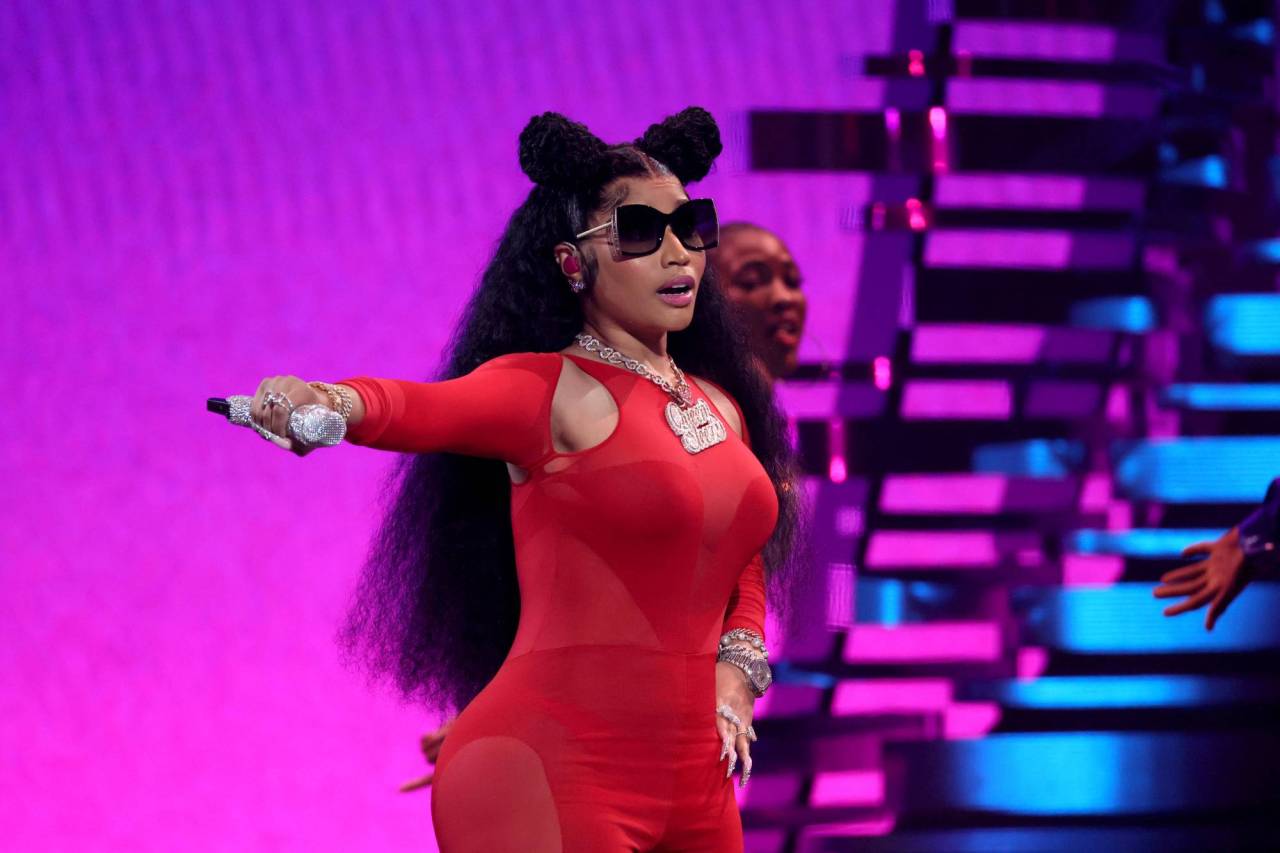In an age where technology and creativity converge, the implications of artificial intelligence (AI) on music have sparked fervent discussions among prominent artists. Recently, a collective of over 200 musicians, including heavyweights like Billie Eilish, Katy Perry, and Nicki Minaj, signed an open letter urging tech companies to mitigate the risks associated with AI music generation tools. This move reflects widespread concerns about preserving human creativity in the face of rapid technological advancements.
The Call for Action
The letter, which features high-profile names such as the Bob Marley estate, Imagine Dragons, and Sheryl Crow, aims to spotlight the potential pitfalls of unregulated AI in music. The signatories argue that when technology is used irresponsibly, the consequences can devastate artistic privacy,identity, and livelihood. As they succinctly put it:
- “When used irresponsibly, AI poses enormous threats to our ability to protect our privacy, our identities, our music, and our livelihoods.”
- “Some of the biggest and most powerful companies are, without permission, using our work to train AI models.”
This resonates deeply for artists who rely on their creations as their main source of income. The fear of an AI-generated world overshadowing original works poses real dangers for those struggling to make ends meet.
The Challenge of Creativity in AI
AI music creation tools function by consuming vast amounts of existing content to learn from and mimic styles. As a result, creators face the daunting reality where removing their works from these datasets is almost impossible. The analogy can be drawn to the music piracy era, where laws felt obsolete in the face of technology. Newer AI advancements are now capable of creating deepfakes of popular musicians, further complicating the landscape.
Mixed Responses from Tech Companies
On one hand, companies like Adobe and Stability AI are exploring AI music generators that utilize licensed or royalty-free music. While this seems like a step in the right direction, there are still implications for other artists like those producing commercial scores. The traditional artist risks being overshadowed in a market driven by machine-generated tunes, thereby affecting the entire ecosystem.
Historical Context and Ongoing Struggles
Historically, the music industry has seen musicians often take the brunt of technological evolution’s impact. Initially, music piracy via file-sharing disrupted the revenue streams for many, leading to the emergence of streaming platforms that haven’t adequately satisfied artist compensation. Groups like the Union of Musicians and Allied Workers (UMAW) continue to advocate for fair streaming payouts, but the average royalty rate from platforms such as Spotify remains disheartening, roughly estimated at just $0.0038 per stream. It’s no wonder why many artists view AI with skepticism.
A Wider Movement Against Generative AI
This isn’t solely a musician’s battle; writers have also begun voicing their concerns regarding generative AI. Earlier in July, over 15,000 authors, including notable figures such as James Patterson and Roxane Gay, signed an open letter condemning the unscrupulous use of AI to replicate their unique styles and ideas. The continuous pushback against AI technologies highlights a collective recognition that preserving creative authenticity is critical in an ever-evolving digital landscape.
The Future of Music and Creativity
The central takeaway from the musicians’ open letter is clear: the assault on human creativity through AI must be curtailed. As the letter states:
“We must protect against the predatory use of AI to steal professional artists’ voices and likenesses, violate creators’ rights, and destroy the music ecosystem.”
At [fxis.ai](https://fxis.ai), we believe that such advancements are crucial for the future of AI, as they enable more comprehensive and effective solutions. Our team is continually exploring new methodologies to push the envelope in artificial intelligence, ensuring that our clients benefit from the latest technological innovations.
Conclusion: The Path Forward
The rallying cry from musicians serves as a vital reminder of the importance of human creativity in a world increasingly influenced by technology. As we navigate this burgeoning relationship between AI and artistic expression, it is imperative that careful consideration is given to protecting creators’ rights. Musicians and writers alike must remain vigilant in denying creative theft while advocating for fair practices in the face of evolving technologies.
For more insights, updates, or to collaborate on AI development projects, stay connected with [fxis.ai](https://fxis.ai).

